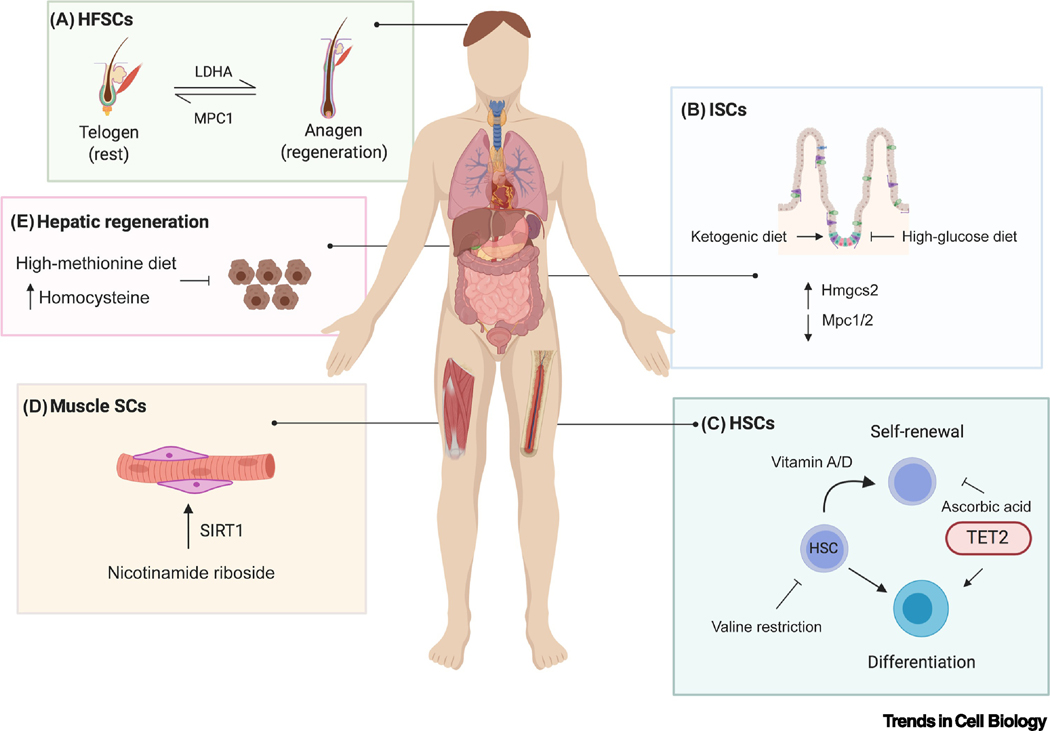Figure 2. Nutrient Regulation of Adult Tissue Stem Cells.
Dietary manipulations and metabolites can affect tissue stem cell fate decisions, as highlighted in the small intestine (intestinal stem cells, ISCs), hematopoietic system (hematopoietic stem cells, HSCs), liver, muscle (muscle stem cells/satellite cells, SCs), and hair follicles (hair follicle stem cells, HFSCs). (A) In HFSCs, MPC1 (mitochondrial pyruvate carrier 1) and LDHA (lactate dehydrogenase regulate the balance between telogen and anagen during the hair cycle. (B) In ISCs, Hmgcs2 (3-hydroxy-3-methylglutaryl-CoA synthase) is highly expressed, whereas Mpc1/2 are expressed at low levels. Manipulating fuel sources with a ketogenic or high glucose diet regulates the balance of ISC self-renewal. (C) HSC self-renewal and differentiation can be regulated by manipulating the levels of vitamins, C, A, or D. HSC self-renewal is also impaired upon valine restriction. (D) Providing aged mice with the NAD+ precursor nicotinamide riboside is able to enhance muscle stem cell numbers and function in a SIRT1-dependent manner. (E) A high methionine diet, which increases plasma levels of homocysteine, impairs liver regeneration following partial hepatectomy. We note that these dietary manipulations have all been performed thus far in mice; the human image is for illustrative purposes only.

